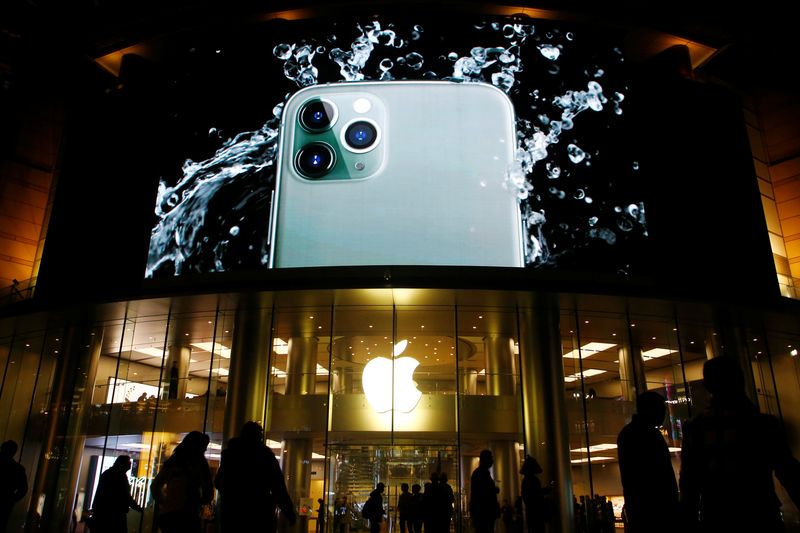Apple had high hopes for the iPhone 16, especially with its new AI features, but early sales figures suggest the launch hasn’t been as strong as expected. Pre-sale estimates indicate a lower-than-anticipated response, leaving analysts and Apple itself questioning the long-term performance of its flagship product.
AI Features Fail to Drive Strong Pre-Sales
Apple introduced AI-driven features with the iPhone 16, expecting these to be a major selling point. However, the excitement hasn’t fully translated into sales. Pre-sale figures show an estimated 37 million units sold in the first weekend, down 12% from the same period last year, according to Apple analyst Ming-Chi Kuo.
Demand for iPhone 16 Pro Models Declines
A significant drop in demand for the higher-end iPhone 16 Pro and Pro Max models has been a key concern. Compared to the iPhone 15 launch, sales of the iPhone 16 Pro and Pro Max decreased by 27% and 16% respectively. On the other hand, the standard iPhone 16 and iPhone 16 Plus saw a slight uptick in demand.
Competition Within Apple’s Own Lineup
Analysts suggest that the standard iPhone 16 models are now so advanced that many consumers don’t see a compelling reason to upgrade to the Pro versions. With enhanced cameras and internal processors, the standard models offer features that were once exclusive to the higher-end versions, making it harder to justify spending more.
Shorter Delivery Times Indicate Lower Demand
Another indicator of the slow start is the shorter delivery times for iPhone 16 Pro models compared to last year’s iPhone 15. The Pro models are now shipping within 1-2 weeks, compared to a 3-4 week wait last year. While this could indicate improved supply chains, it may also signal less demand for these models.
Apple’s AI Features Yet to Make an Impact
One factor that may be affecting sales is that the much-anticipated AI features, branded as “Apple Intelligence,” are not yet fully available. They are expected to roll out in beta with iOS 18.1 next month. This delay may be making consumers hesitant to upgrade until they see the new features in action.
Analysts Predict a Strong Holiday Quarter
Despite the slow start, analysts remain optimistic. Many believe that as more people experience the AI features, demand will pick up. They also expect a surge in sales during the holiday season, with Wedbush analyst Dan Ives predicting that the iPhone 16 will have a strong finish by the end of the year.
Conclusion: Early Sales Don’t Tell the Whole Story
Though initial sales of the iPhone 16 are below expectations, it’s too early to count it out. Supply chain improvements, shorter delivery times, and a potentially strong holiday quarter could still turn things around for Apple. The true test will come in the final months of the year when more consumers are expected to upgrade for the holidays.

